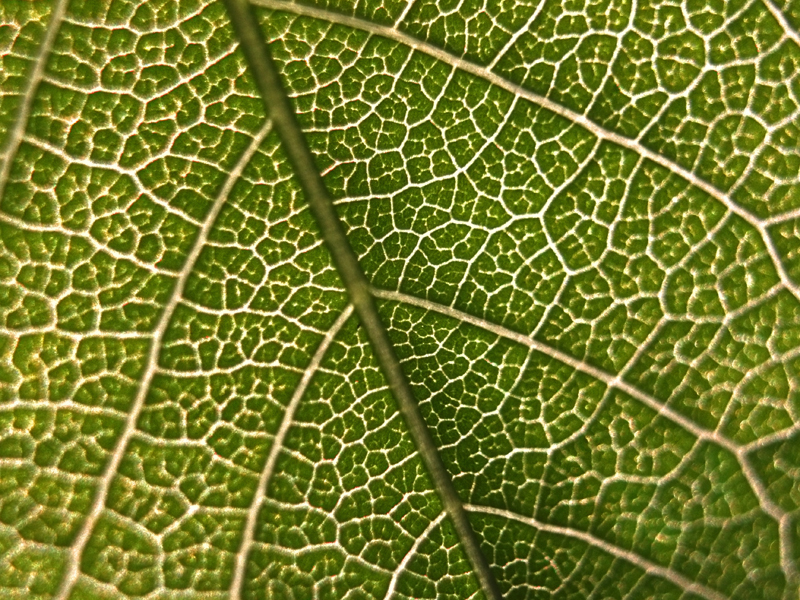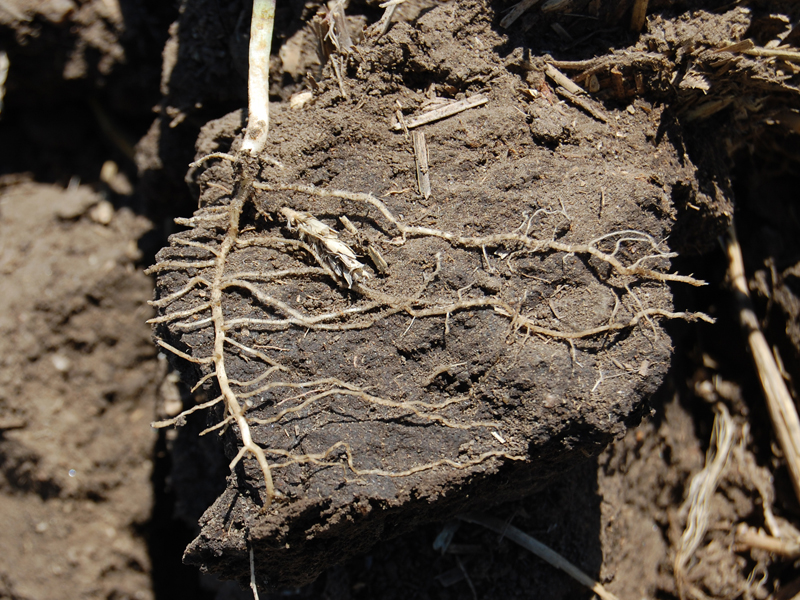What is crop physiology?
Have you ever studied human biology? Tried to understand how muscles work during your exercise routine? Wondered how children grow? Human physiologists study the workings of the human body. Similarly, crop physiologists research how plants grow and function.
Some crop physiologists study individual plant cells. Others specialize in specific plant parts like leaves, stems, or roots. And yet others study the interactions of plants in their environments. Crop physiologists work to gain knowledge about what controls plant growth and how plants respond to their changing environment.
Plants make life on earth possible because they convert solar energy into chemical energy we can use. That process is photosynthesis. We all depend on plant products for food, fiber, medicines, and a wide array of natural chemicals. How do they grow? What limitations do they face? Which plants are more efficient? Crop physiologists fill the knowledge gap between processes controlling growth and seed development and the targeted production of economically-valuable plant products. (Read about how research during a solar eclipse can help answer some of these questions, here.)
Current challenges in crop physiology
Climate Change
Our major crop plants remain vulnerable to drought. We understand many of the mechanisms involved and have been breeding for plants that are more drought-tolerant for decades. But the climate is changing. Weather patterns are becoming more variable. At the same time, demands for food, fiber, and energy production continue to rise. Crop scientists must find plants that can help meet these demands.
Efficient water and nutrient use
Our major crop plants use 250 to 530 gallons of water for every two pounds of grain they produce. (That’s about 20 laundry machine loads worth of water!) By understanding how plants use water, we may be able to breed plants that are more efficient. Plants also get most of their nutrients from the soil. How their root systems interact with the soil environment may hold a key to breeding plants that are more efficient in nutrient use. Read about when cotton plants most need water.
Lack of new cropland
The amount of land available for growing food and fiber is decreasing as the human population increases. We have to use the farmland we have more efficiently. Crop physiologists are working to understand why some plants are more efficient, producing more per acre. By growing the crops that are the most efficient at using water, nutrients, and the sun’s energy, we can harvest more—and harvest crops that are more nutritious.
Soil biology
Knowledge of plant interactions with favorable soil microorganisms is very limited. Soil microbes can help plants get nutrients, help defend against diseases, and even create growth-promoting compounds. Studying how this happens may lead to discovering crop plants that work more closely with the microbes in the soil. This can reduce the level of fertilizers and pesticides farmers need to apply while still increasing yields. Read about preventing plant disease in our blog.


